Destination Germany provides an attractive setting for successful business
The secret to Destination Germany’s success as a popular international travel destination for holidaymakers and business travellers is its strong brand.
The Elbe Philharmonic Hall in Hamburg
Since 2020, the coronavirus crisis has accelerated the shift in customer expectations, the implementation of new technologies and the reorganization of business models in international tourism. The GNTB is working with actors in the domestic tourism industry to meet these challenges and further enhance Germany’s appeal as a travel destination in the future. They are laying the foundations for a safe travel experience for all customers, for example through hygiene protocols, digital visitor management, contactless check-in and other professional safety measures, as well as infrastructure for hybrid events.
Germany is in a strong position in the international market
The top spot in the highly respected Ipsos Anholt Nation Brands Index, which compares 50 leading economies worldwide, demonstrates the strength of Germany’s brand, even in the pandemic-hit year of 2020. Thanks to its very good tourism and transport infrastructure, its excellent hotel price index and the high standing of its natural and cultural resources, Germany is ranked third in a comparison of 140 countries in the World Economic Forum’s Travel & Tourism Competitiveness Report (last version: 2019).
Consistently high marks in the Quality Monitor survey of the German tourism industry attest to the high level of customer satisfaction among international holidaymakers and business travellers during their stay. Germany is also very well positioned in the area of sustainability, ranking fifth out of the 166 nations surveyed in the Sustainable Development Report. These factors are the foundation for the successful long-term development of Germany as a travel destination in the international market.
Successful long-term development
Germany’s popularity as a travel destination has grown continuously among international visitors since reunification. From the early 1990s to 2019, the number of trips to Germany rose from 34.4 million to 89.9 million. Germany also occupies top positions in international comparisons: the most popular cultural and city break destination for Europeans, the top international trade fair location, no. 1 in Europe for conferences, the leading European destination for inbound luxury travel and the second-most popular travel destination for young Europeans.
The coronavirus pandemic that began in 2020 and the resulting stop to international travel had a huge impact on inbound tourism to Germany.
Despite heavy losses, Germany was able to gain a greater share of the European travel market during the coronavirus crisis in 2020, becoming the top travel destination for Europeans. And as the strongest economy at the heart of mainland Europe, Germany remains by far the region’s leading business travel destination.
Wittmund: A family explores the Wadden Sea with a mudflat guide from the Ostfriesland Mudflat Hiking Center
Germany – Simply Inspiring
Culture and nature are the two central elements at the core of the Destination Germany brand, and this is reflected in the tourism offering. Germany’s 46 UNESCO World Heritage sites include masterpieces of architecture and art, landscapes steeped in history and culture, areas of incredible natural beauty and monuments to societal and technological progress. Visitors to Germany can look forward to 6,000-plus museums, acclaimed theatres and orchestras, high-calibre events and a buzzing creative scene.
More than a third of the country’s land area is under some form of protection. With a total of 16 national parks, 15 UNESCO biosphere reserves and over 100 nature parks, there are more than 130 preserved national landscapes just waiting to be explored. Tourists can experience Germany’s nature at close hand and in an authentic and environmentally friendly way along some 200,000 kilometres of dedicated walking trails and 70,000 kilometres of cycle routes.
Stuttgart: People relax in front of the art museum on "Kleiner Schlossplatz"
Germany offers a wide range of options for sustainable travel. Research such as the 2020 Destination Brand study highlights the growing importance of this segment. Germany’s leafy towns and cities boast excellent public transport networks and good cycling infrastructure. Hotels and restaurants support the use of regional produce within a lively culinary scene that will delight anyone who enjoys good food. Many attractions and amenities also cater to disabled guests through the ‘Tourism for all’ project.
Thanks to its cultural tourism offerings, a wide range of options for nature lovers and active holidaymakers, and consistent focus on sustainable tourism, Germany is also a ready-made market for the growing bleisure travel segment.
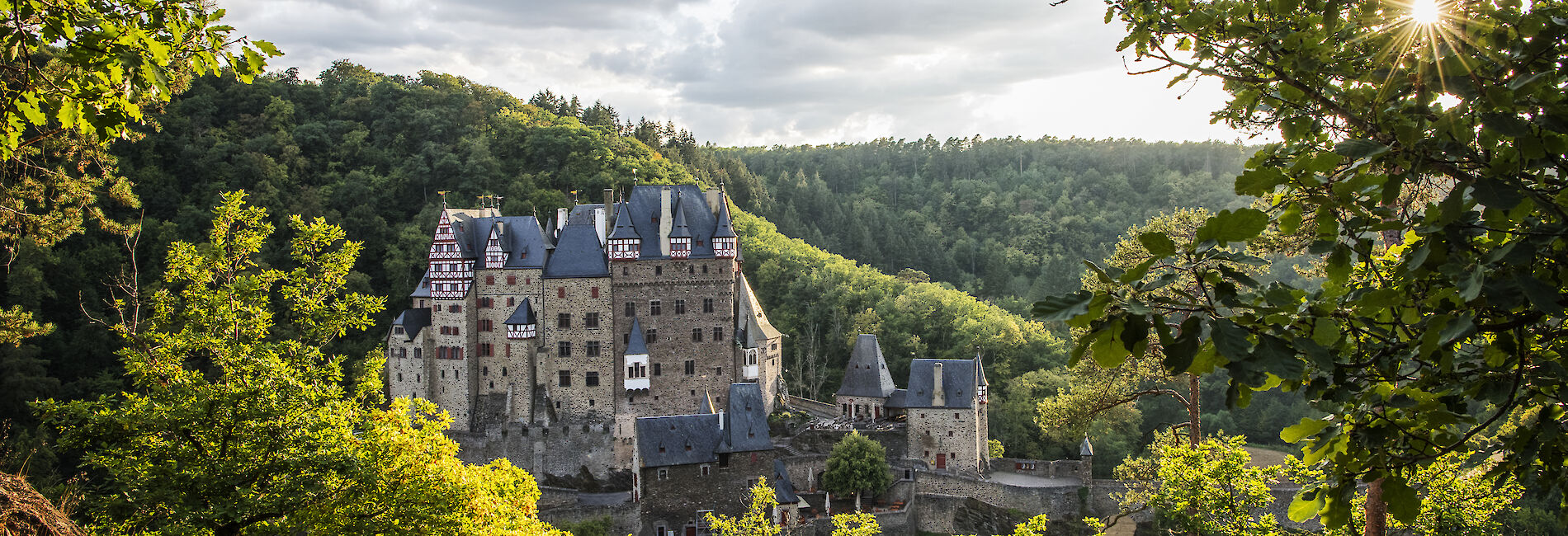 ©
©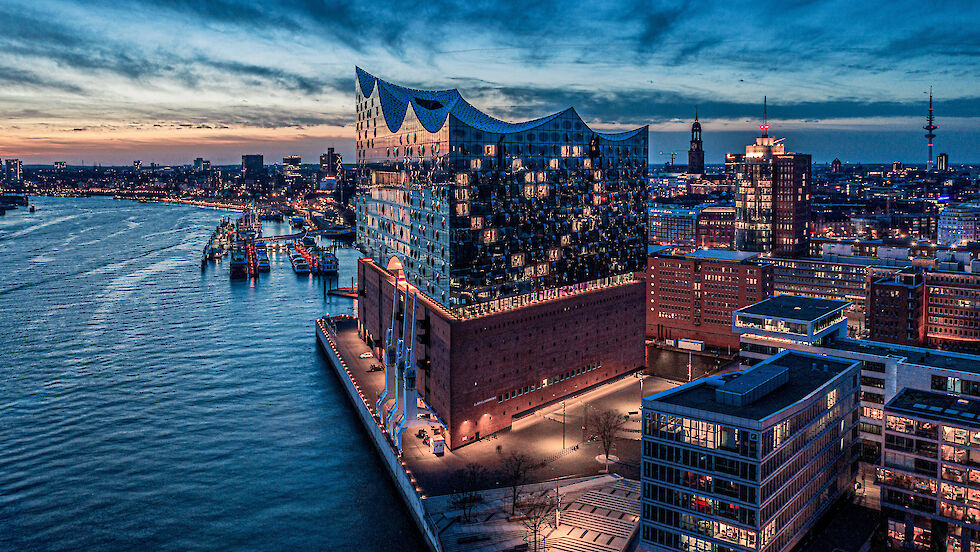
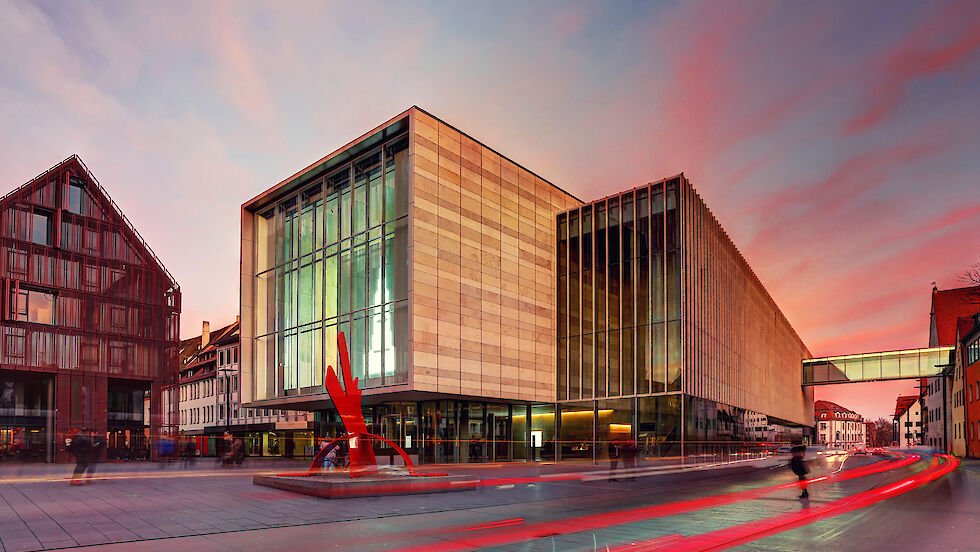
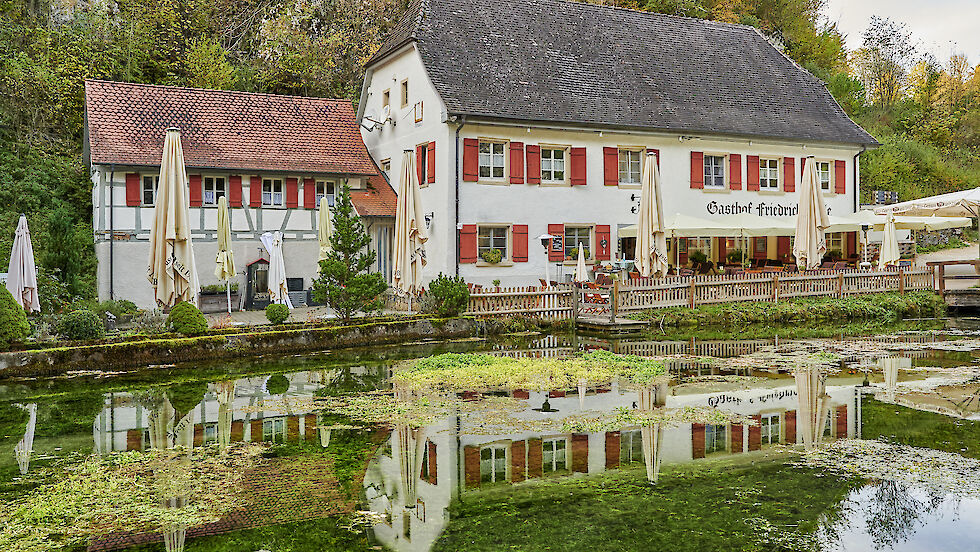
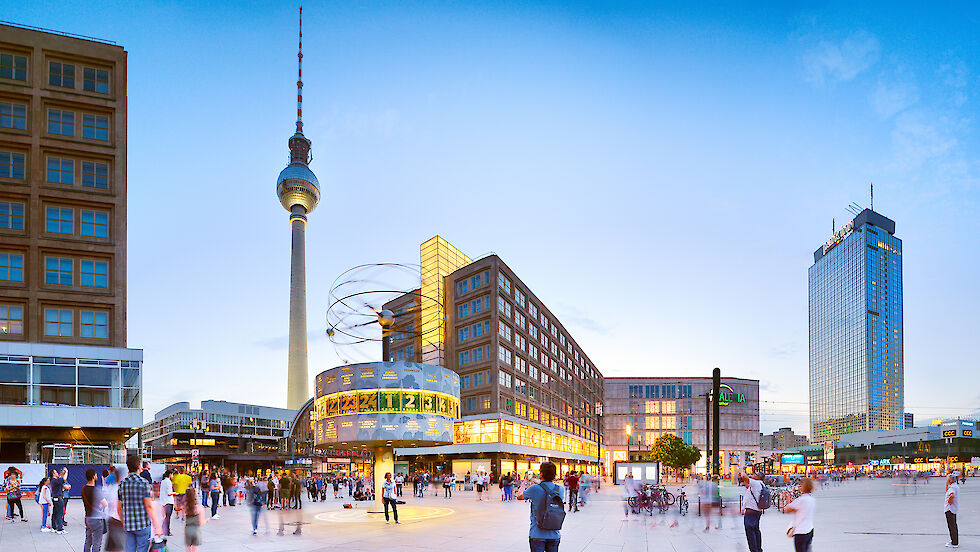
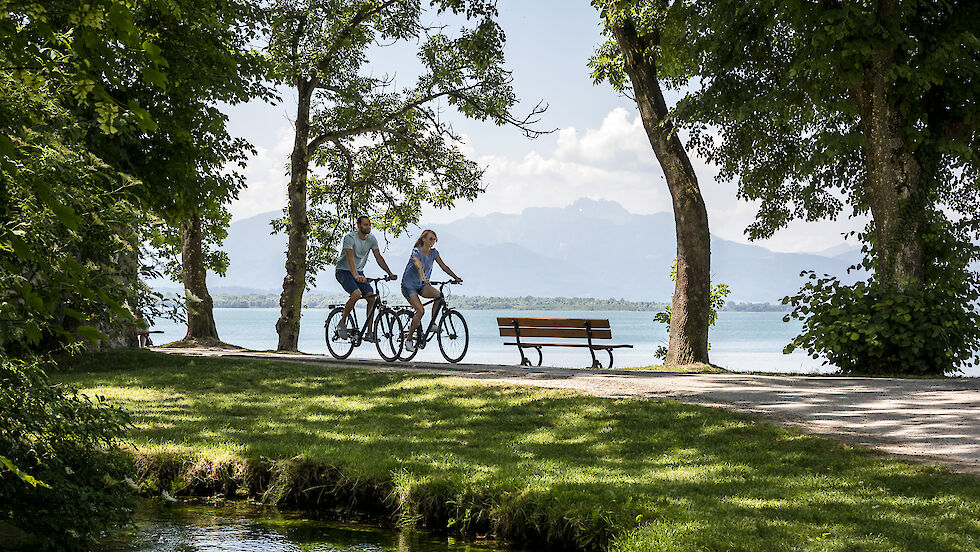

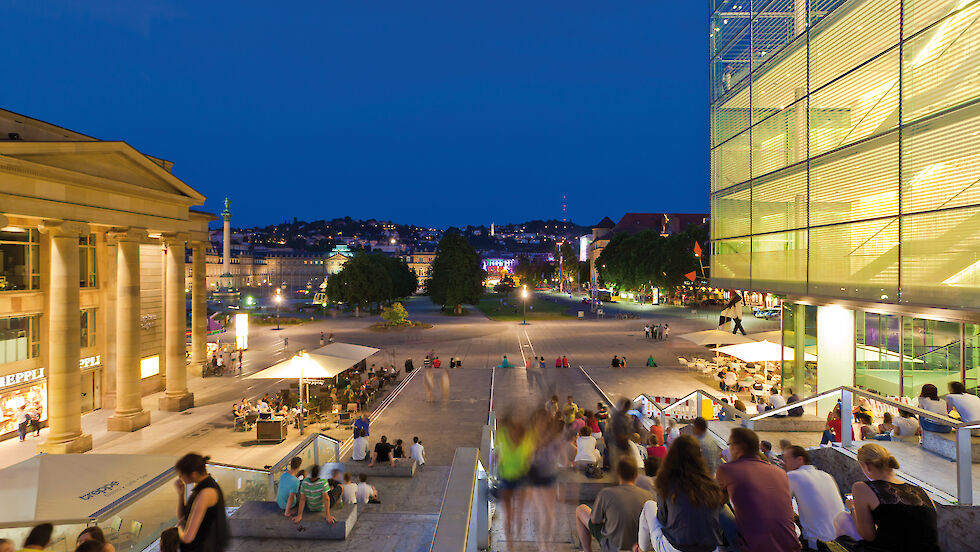
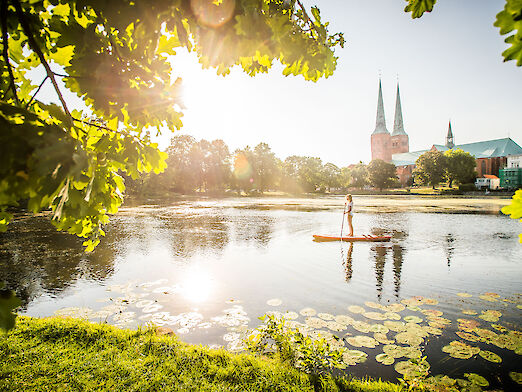 ©
© ©
©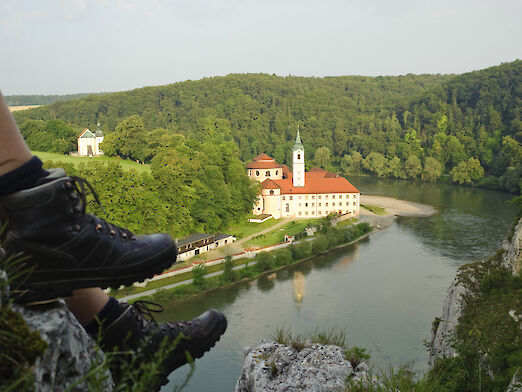 ©
©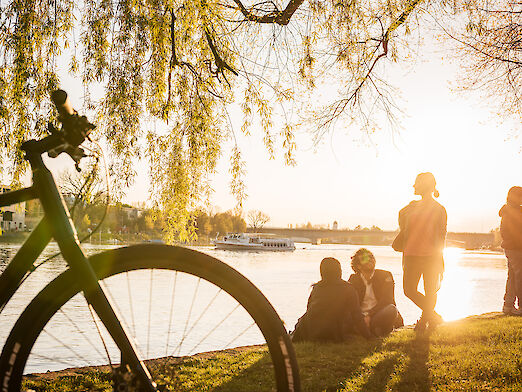 ©
©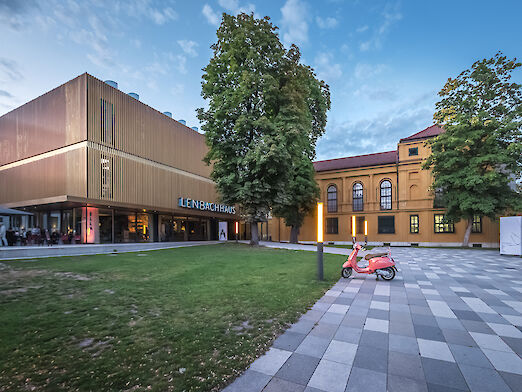 ©
© ©
©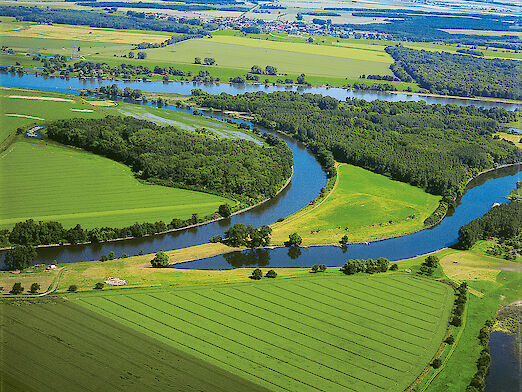 ©
©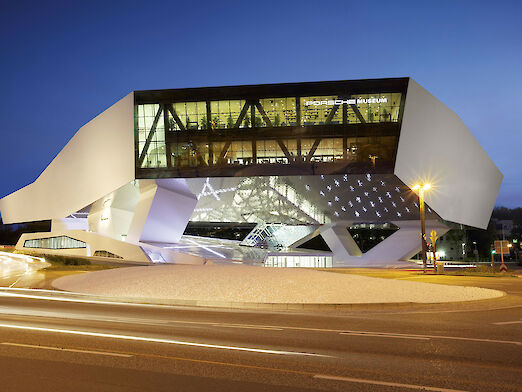 ©
©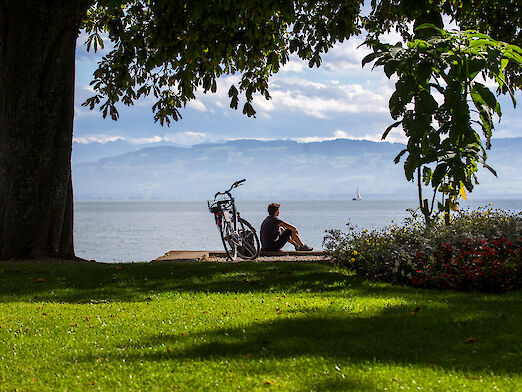 ©
©